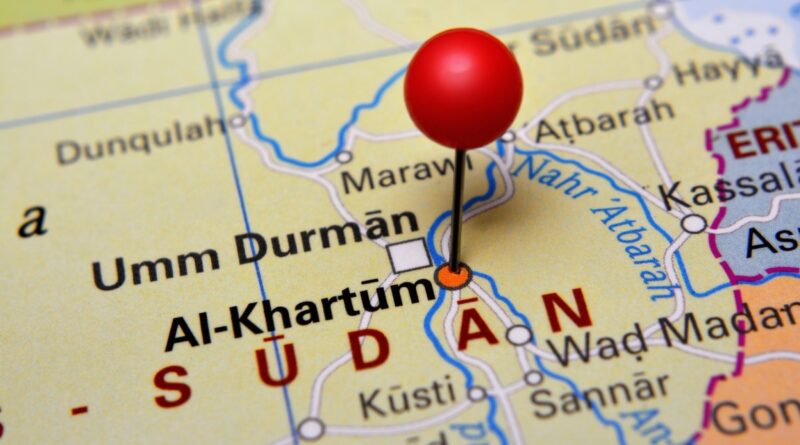Sudan: U.S. Announces Sanctions on Former Sudan Foreign Minister Ali Karti
Harare — The U.S. State Department has announced sanctions on Ali Karti, the former foreign minister of Sudan, accusing him of thwarting efforts to end the civil war there.
Karti, who served as ousted leader Omar al-Bashir’s administration’s foreign minister from 2010 to 2015, is currrently the Sudanese Islamic Movement’s secretary general. In his description of the movement, U.S. Secretary of State Antony Blinken called it “a hardline Islamist group that actively opposes Sudan’s democratic transition.”
Blinken further said in his statement, that Karti led efforts to undermine the civilian transition administration at the time, in the wake of Al-Bashir’s overthrow in 2019. More recently, Karti has obstructed attempts to broker a ceasefire between the Rapid Support Forces (RSF) and Sudanese Armed Forces (SAF), which have been engaged in a war for control of the nation since April, 2023. “We are imposing sanctions on Ali Karti, Secretary General of the Sudanese Islamic Movement, a hardline Islamist group that actively opposes Sudan’s democratic transition. Karti was Minister of Foreign Affairs during Omar al-Bashir’s regime. Following the fall of the Al-Bashir regime, Karti led efforts to undermine the former civilian-led transitional government and derail the Framework Political Agreement process. He and other former regime officials are now obstructing efforts to reach a ceasefire between the Sudanese Armed Forces and the Rapid Support Forces, mobilizing forces to enable continued fighting, and opposing Sudanese civilian efforts to resume Sudan’s stalled democratic transition,” the statement read.
Additionally, the U.S. Treasury imposed sanctions on Sudan-based GSK Advance Company Ltd, which the Rapid Support Forces allegedly used to purchase equipment, including Russian-made drones. Through sanctions, people named might be excluded from reputable trade and banking networks and have their assets seized by U.S. authorities. In the meantime, the State Department declared that it has expanded its list of people from Sudan who are prohibited from obtaining visas to include a number of Islamists and Al-Bashir’s government officials.

Sign up for free AllAfrica Newsletters
Get the latest in African news delivered straight to your inbox
Washington also slapped sanctions in June against four significant businesses that are associated with or owned by the army and paramilitary. However, it did not say who was affected. It also imposed visa restrictions on representatives of the two opposing armed factions in Sudan as well as on former Al-Bashir administration officials.
The violence has turned Khartoum into an open-air battlefield. Rights groups and activists claim that RSF troops have occupied civilian residences and transformed them into operating bases in Khartoum and the surrounding parts of the Sudanese capital, while the military has retaliated by bombing residential neighbourhoods. According to rights organisations and the UN, the conflict in Sudan’s western Darfur region has turned into inter-ethnic violence, with the RSF and affiliated Arab militias attacking ethnic African populations.

